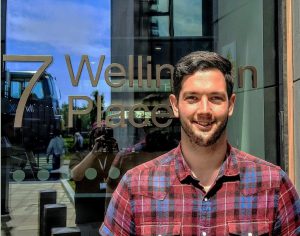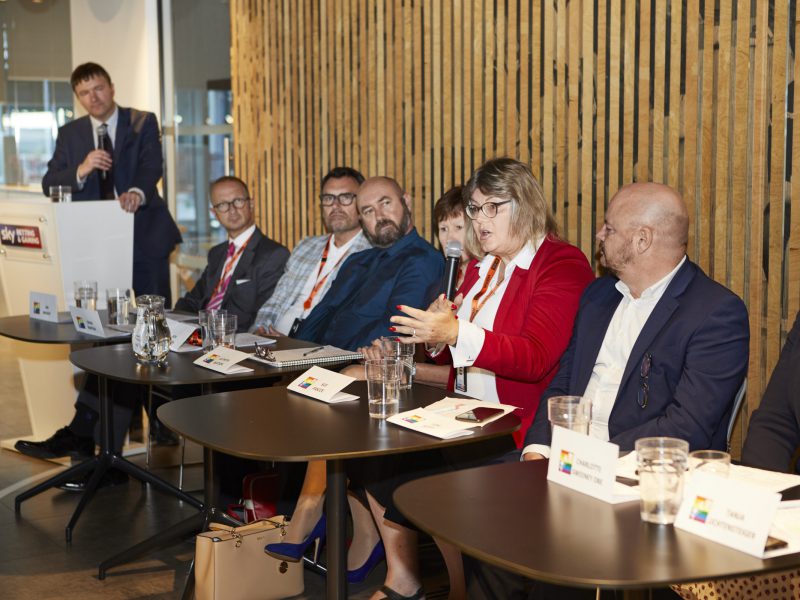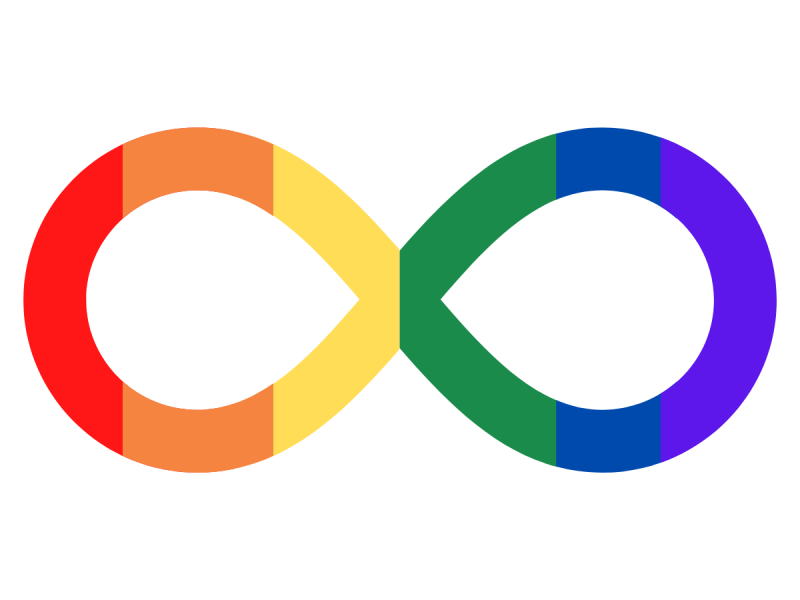Love, friendship, equality, education – Pride is a multifaceted celebration brimming with possibilities
As we roll into June, we welcome the arrival of Pride Month which is marked by millions of people each year and provides an opportunity for us to come together and celebrate LGBTQ+ communities around the world through local marches, parties, festivals, lectures, concerts and much more.
Pride is a fantastic time to raise awareness, which is why we want to shine a light on the importance of inclusivity and diversity in the workplace. Plus, the steps companies can take to help all employees feel valued – even whilst working remotely! We also chat to Daniel Gleghorn, Chair of the LGBTQ+ and Allies Network at NHS Digital, for advice on how business leaders can champion diversity all year round.
What is Pride Month?
So, let’s start at the very beginning.
Pride Month marks the anniversary of the 1969 Stonewall Uprising in Manhattan – a series of protests that spanned almost a week. What happened over the course of those six days would change the future for LGBTQ+ activism worldwide.
Until 1966, it was illegal to serve alcohol to a gay person throughout the state of New York. In 1969, homosexuality was still considered a crime.
The Stonewall Inn was one of the most popular gay bars in New York City at the time. It was raided by police officers in the early hours of June 28th 1969, who reasoned their presence by saying they were investigating the illegal sale of alcohol at the venue. It was the second time that week they had raided the venue. However, as the Library of Congress explains, “this time, events did not unfold according to the inspectors’ plans.”
The police interrogated guests and employees. Some were beaten and many people were arrested for ‘cross-dressing’. In response, riots began to take place on the streets outside. The LGBTQ+ community demanded a safe space where they could socialise and live their lives, free from harassment or fear of arrest.
News of the raid spread throughout the city and by the evening of June 28th, thousands of protesters had gathered at the Stonewall Inn. Protests continued into the next week and the first ever Gay Pride march took place in New York one year later on June 28th 1970 to mark the Stonewall riots’ first anniversary.
These brave events sparked the gay rights movement and paved the way to the annual Pride celebrations we know today.
Why is Pride still important today?
The Diversity Trust explains that “we need Pride Month now more than ever; both to support our communities as well as to educate and inform wider society”.
Research from the International Gay and Lesbian Association found that ’49 countries punish homosexual acts with imprisonment and 11 countries use the death penalty against LGBTQ+ people.’
Stonewall, the UK-based lesbian, gay, bi, trans and queer equality charity, revealed that more than a third (35%) of LGBTQ+ staff have hidden that they are LGBTQ+ at work for fear of discrimination.
It’s clear to see there is still plenty of work to be done in terms of diversity and inclusion. That’s why Pride Month is still so important today.
Why is it important to celebrate employee diversity?
We’re all different. When it comes to our jobs, it’s our distinct skills, approaches and personalities that make us strong as a team! Why wouldn’t we want to celebrate that?
Forbes details the advantages of celebrating cultural diversity in the workplace:
- Innovation and creativity – People from similar backgrounds are more likely to have similar ideas. Diversity in the workplace introduces fresh ways of thinking and creative perspectives, which can help give businesses a competitive edge.
- The business will be boosted– Companies that champion diversity showcase their commitment to equality. This is very attractive to potential new employees.
- Productivity – A diverse team can use their range of skills and experiences to learn and grow with each other, helping to increase productivity as ideas are exchanged.
- Understand your customers – Having a diverse team can also have an external impact on the business, creating more opportunities to build relationships with other companies and clients from different cultures.
- Happier employees – Promoting diversity and equality for all can help to make employees feel happier at work. We all want to feel respected in the workplace!

How can you help your employees to feel valued this Pride Month and for the rest of the year?
We spoke to Daniel Gleghorn, Chair of the LGBTQ+ and Allies Network at NHS Digital, to get his expert opinion on how business leaders should encourage diversity in the workplace:
“It’s all about consistency! All too often I see companies that celebrate a particular minority group or protected characteristic during the relevant month or day, but what do they do for the rest of the year?
“This is why I think staff networks, such as the LGTBQ+ and Allies Network at NHS Digital, are so important. They can help to promote inclusivity and raise awareness of issues that not many people know about, or even more importantly – don’t feel comfortable talking about.
“The LGBTQ+ and Allies Network at NHS Digital has worked very hard over the last few months to raise awareness and promote diversity – which is why when Pride came around this year, one of my colleagues actually said that our network had been so busy that ‘every month felt like Pride Month’. That was the best compliment we could have received.
“Here at NHS Digital, we are celebrating Pride Month by changing email icons, Microsoft Teams’ backgrounds and email signatures to show our support to the LGBTQ+ community. We will also be sharing a video internally with a selection of statements by our colleagues on what Pride means to them, and facilitating a ‘Talking Heads’ session with some of our LGBTQ+ staff where they will be speaking about how society has changed over the past few decades. I will also be hosting an ‘Uncomfortable Conversations’ webinar discussing my own experiences within the LGBTQ+ community, which will be recorded and available to watch at the end of June.”
You can read more about Daniel’s story in our People of Wellington Place Pride Special.
Click here for more information about Pride of Place 2022.





